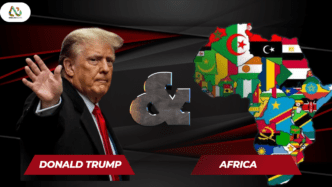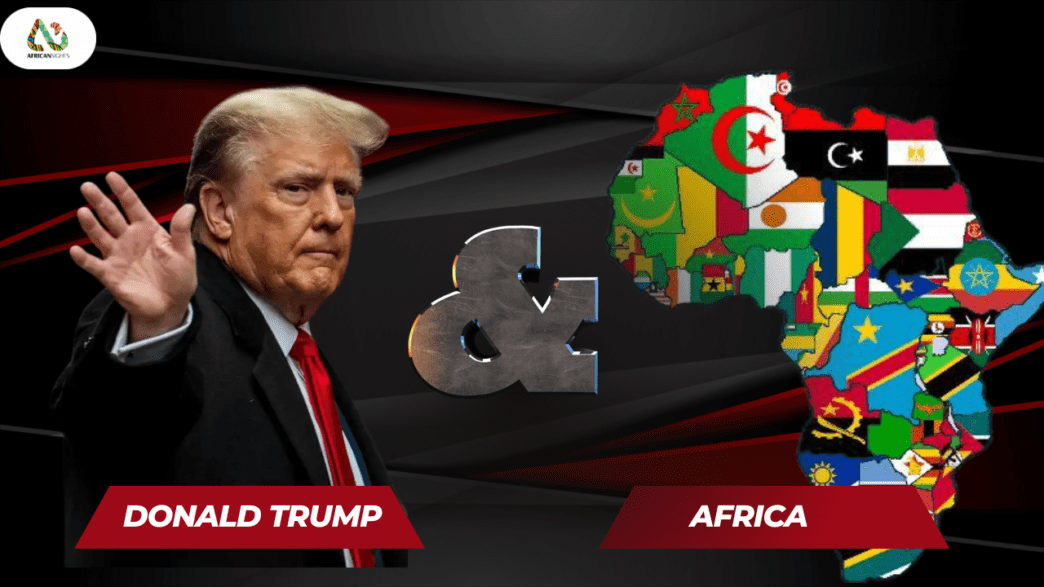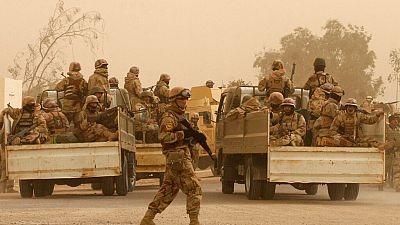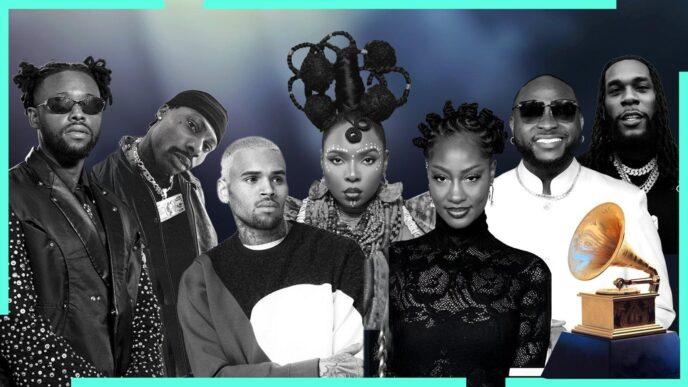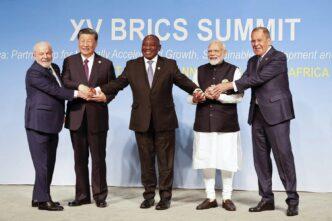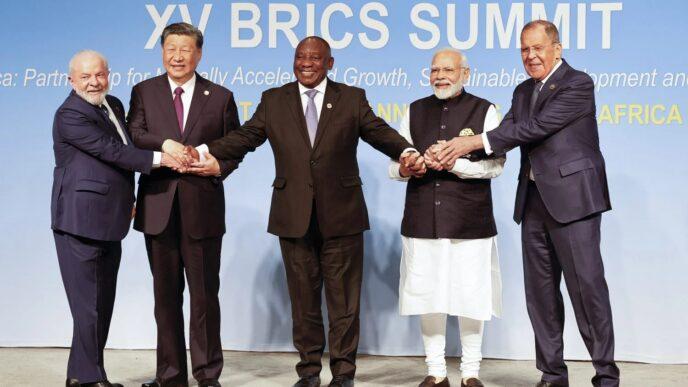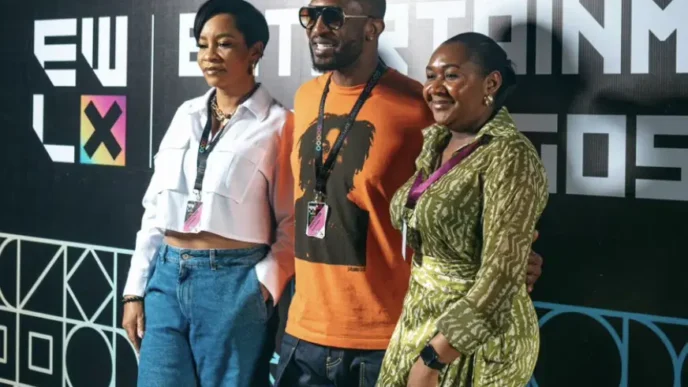With Donald Trump set to return to the White House, many in Africa are wondering what the continent’s relationship with the U.S. might look like under his “America First” doctrine. The stakes are high, especially given Trump’s past stance on trade, security, aid, and immigration issues related to Africa.
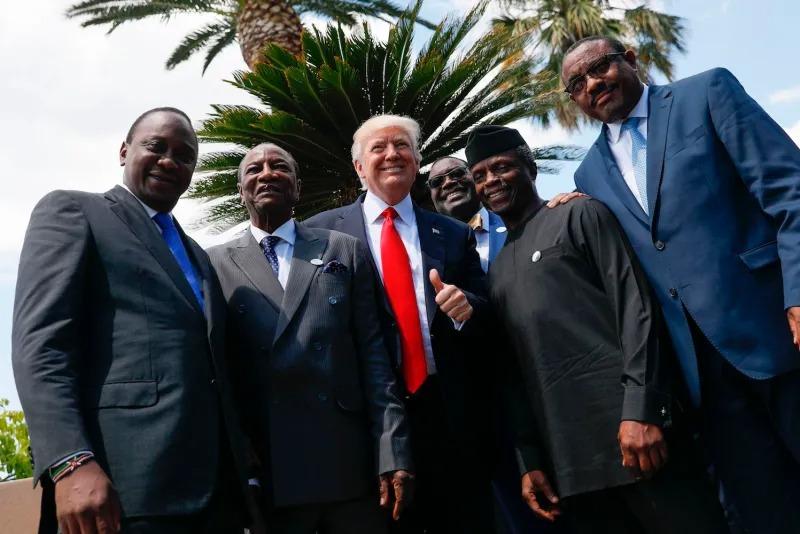
Will this presidency be a repeat of his prior term, or could new dynamics play out as Africa faces both longstanding and emerging challenges?
Let’s consider some of the potential scenarios, reflecting on insights from some experts and African leaders.
Trade and Investment: A Shift to a Transactional Approach
Under Joe Biden’s administration, African countries found a U.S. partner emphasizing mutual interests and collaboration. This included strategic projects like the Lobito Corridor, a railway stretching through Angola, the Democratic Republic of Congo, and Zambia. Biden’s focus on cooperative efforts highlighted Africa’s role in global partnerships. Yet, as W. Gyude Moore, a fellow at the Center for Global Development, puts it, Biden’s approach didn’t always translate into substantial deals, and Trump’s strategy might again bring a shift in emphasis. Trump’s pragmatic, “America First” stance may mean a stronger focus on self-interest. According to Moore, “Trump personally has not acted as if he perceives Russia as a threat,” signaling a potential disconnect in strategies between his administration and U.S. national security objectives.
This transactional attitude could lead to a more investment-centered U.S. presence in Africa. For example, initiatives like the Prosper Africa program, which Trump introduced in 2018 to encourage U.S. investment in African businesses, may gain momentum. Additionally, the Development Finance Corporation (DFC), which Biden expanded, could be scaled up further to deepen business and infrastructure ties across the continent.
The Future of AGOA and Other Trade Agreements
One major area of concern is the African Growth and Opportunity Act (AGOA), which allows African nations tariff-free access to U.S. markets and has boosted African exports since 2000. Though Trump signaled that he might end AGOA when it expires in 2025, “the desire to counter China’s growing economic influence in Africa means he is likely to want to continue the tried and tested partnership.” This balancing act between protectionist policies and the need to counterbalance China’s influence is central to Trump’s approach toward Africa. Kenya, in particular, has high stakes in trade agreements with the U.S., with President William Ruto recently underscoring the country’s desire for trade partnerships that promote growth rather than geopolitical alignment.
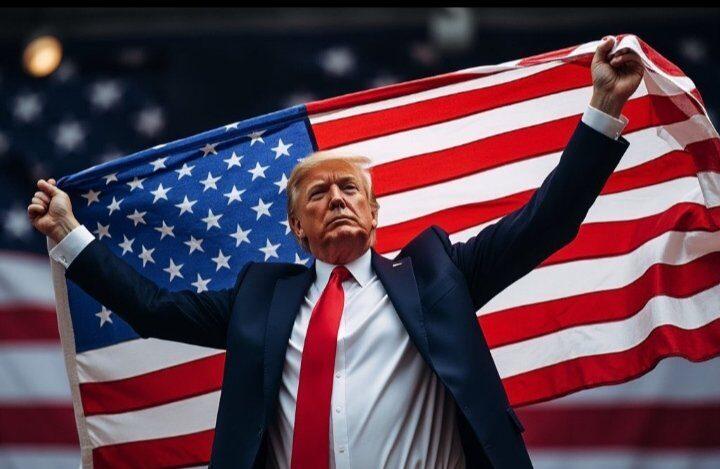
Aid and Development: Potential Cuts and a Focus on Self-Reliance
Historically, Trump has expressed skepticism toward foreign aid, and there may be a renewed push to cut back on funding. The President’s Emergency Plan for AIDS Relief (PEPFAR), which has been a critical U.S. aid program for combating HIV/AIDS in Africa, could face challenges, as its funding was temporarily extended but is now at risk. Moreover, as the Council on Foreign Relations noted, Trump’s earlier attempts to slash foreign aid “would have eviscerated traditional U.S. policies with respect to health, democracy promotion, and security assistance in Africa.”
On a positive note, Trump’s emphasis on the African diaspora as a bridge for investment could lead to novel approaches for growth. With remittances from African communities abroad contributing billions to African economies annually, this alternative could shift the focus from aid to direct economic partnerships.
Immigration: Tougher Policies with Wider Implications
Immigration remains a sensitive issue, with Trump previously curbing entry for several African countries and pledging during his 2024 campaign to deport a million undocumented individuals on day one. This concern resonates particularly for African migrants at the U.S.-Mexico border, where numbers increased from 13,000 in 2022 to over 58,000 by 2023. Trump’s stance has led to unease within migrant communities; Kenyan media noted that East African migrants are wary of discrimination under Trump’s administration.
Security and Conflict: Selective Engagement
While Biden’s administration viewed security and humanitarian intervention in Africa as crucial, Trump’s engagement has historically been selective. In his first term, Trump took steps to support Nigeria in fighting Boko Haram by approving the sale of Tucano jets, which Nigerian lawmaker Ehiozuwa Johnson Agbonayinma credited with strengthening local defenses. At the same time, as Moore puts it, Trump’s approach is “very transactional,” leading some to question whether he would prioritize conflicts like Sudan’s ongoing civil war over American domestic interests.
In contrast, Russia’s growing influence in Africa, particularly in providing military support in nations like Mali and Burkina Faso, has been a major security concern for the U.S. Although American interests generally regard Russia as a strategic threat, Trump’s personal relationship with Russia has left some ambiguity on this front. Whether Trump would take decisive action to curb Russia’s activities in Africa remains uncertain.
What’s Next for US-Africa Relations?
Trump’s expected focus on direct investments and economic partnerships could resonate well with some African leaders who favor practical cooperation. As Moore suggests, “Trump is very unorthodox in how he does everything,” meaning that U.S.-Africa relations may unfold in unpredictable ways. For countries like South Africa, Nigeria, and Kenya, Trump’s America First policies could either restrict trade opportunities or foster growth by encouraging more self-directed economic partnerships.
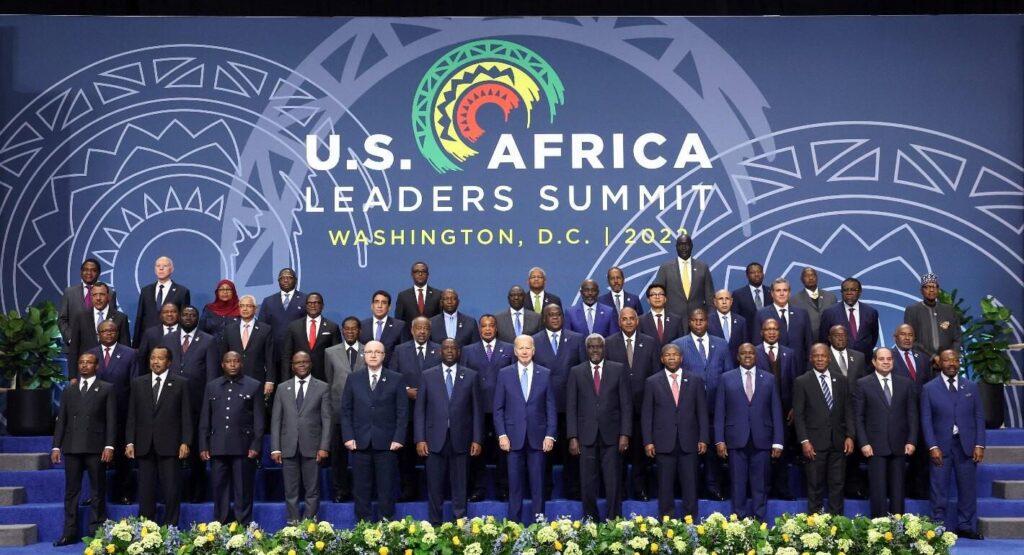
For Africa, the challenges of youth unemployment, economic resilience, and strategic alliances in a multipolar world remain pressing. Trump’s return may bring a more interest-based, business-like engagement with the continent, moving away from expansive aid programs toward partnerships grounded in mutual economic benefit. Whether this approach will help Africa achieve its goals of economic self-reliance and political stability remains to be seen.
What do you think a second Trump term would mean for Africa’s future? Share your thoughts and let’s discuss!
